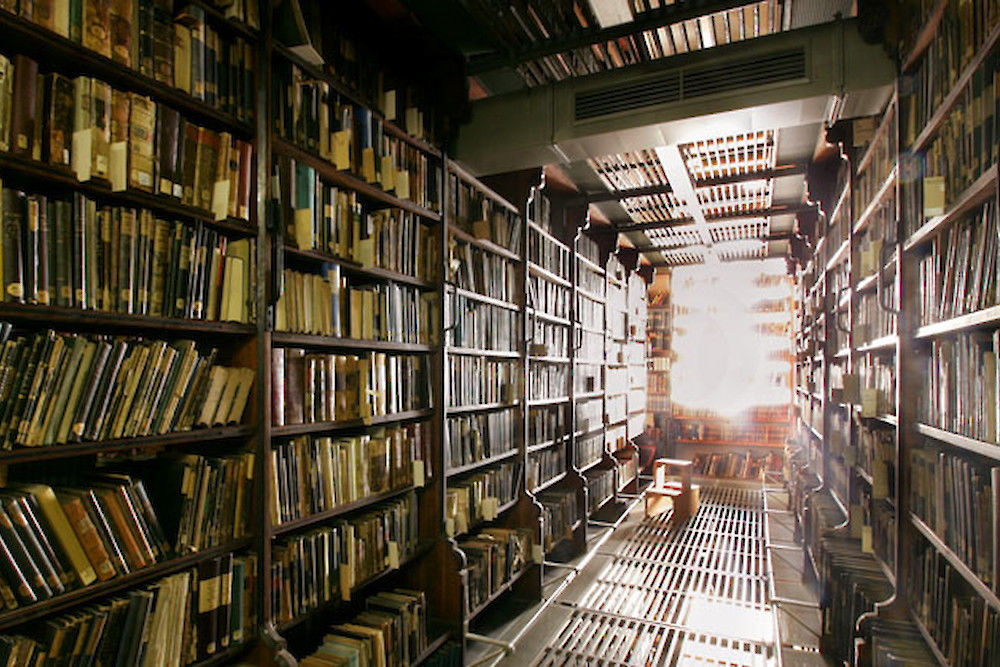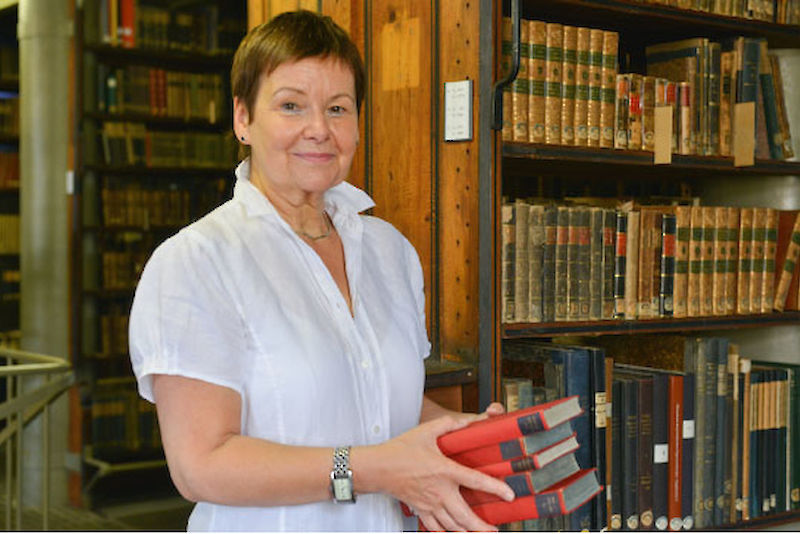A mammoth undertaking

Christine Eichhorn-Berndt, a German studies specialist who has now retired, led the restitution project for about ten years. She and her colleagues examined 1.7 million volumes for evidence of ownership – ex libris, stamps, coats of arms or hand-written notes. Countless volumes had to be reprocessed; some were temporarily or permanently blocked in the ULB’s electronic catalogue so that they could no longer be checked out. The ULB’s entire holdings include 5.5 million items, so the project director and her team had a lot to get through. Some 76,000 objects – books, maps, manuscripts, incunables – were under consideration for return. In the end, about 57,000 volumes, of which about 1,600 were hand-written manuscripts and 50 were incunables, actually went back to their previous owners – primarily members of the local nobility. Amicable solutions were found for several thousand volumes.

Some owners also allowed the library to keep their books as items on loan. “That means these volumes, about 4,500 of them all together, are available for research purposes,” says Eichhorn-Berndt. Among them are about 3,000 volumes from the Veltheim library, an important collection that was kept in Ostrau Manor until it was expropriated.
The ULB also found additional partners during the restitution process, which led to a happy ending for many books. For example, the von Alvensleben family brought together the holdings of their separate libraries at Hundisburg Palace, including all the volumes that had been housed in Halle as well as the books that the family had rescued after 1945 by storing them first at Loccum Abbey and then in Wolfenbüttel. All of them are now completely accessible at Hundisburg Palace. The ULB, together with the owners, will continue to oversee this important collection as a branch library.
